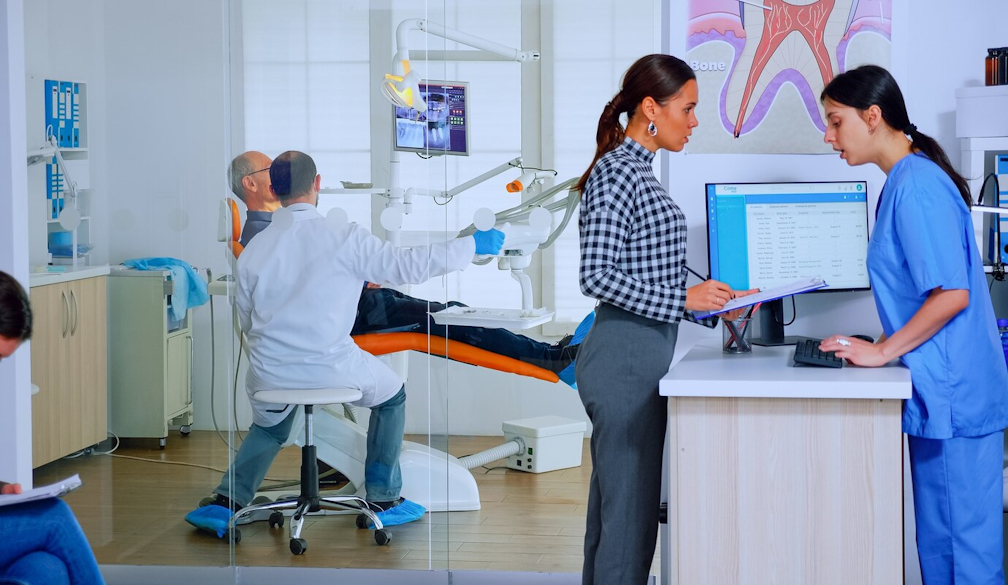Your Guide to Choosing the Right Dental Clinic in Bundoora

Introduction
Finding the right dental clinic is essential for maintaining your oral health and ensuring a positive dental experience. For residents of Bundoora, there are several options available, but how do you choose the best one for your needs? In this article, we will explore key factors to consider when selecting a dental clinic in Bundoora, the services you should expect, and the importance of regular dental visits.
Why Local Matters
Choosing a local dental clinic offers numerous advantages:
- Convenience
Having a dental clinic in Bundoora means you can easily schedule appointments without having to travel far. This is particularly important for families or busy professionals who might struggle to find time for dental visits.
- Community Knowledge
Local clinics often have a better understanding of the specific dental needs and concerns of the Bundoora community. They can provide tailored services and advice that reflect the lifestyle and health trends in the area.
- Emergency Care
Dental emergencies can arise unexpectedly, and having a nearby clinic ensures quick access to urgent care. Whether it’s a toothache, a broken tooth, or another urgent issue, local clinics can provide timely assistance.
Key Factors to Consider
When searching for the right dental clinic in Bundoora, keep the following factors in mind:
- Services Offered
A comprehensive dental clinic should offer a range of services, from routine check-ups and cleanings to more advanced procedures like cosmetic dentistry, orthodontics, and oral surgery. This variety ensures you can receive all necessary care under one roof.
- Qualifications and Experience
Check the credentials of the dental professionals working at the clinic. Look for their qualifications, experience, and any specializations they may have. Reading patient reviews can also provide insight into their expertise and the quality of care they provide.
- Patient Comfort and Care
A great dental clinic prioritizes patient comfort and satisfaction. When you visit, observe how the staff interacts with patients and whether the environment feels welcoming. A positive atmosphere can significantly enhance your dental experience, especially if you feel anxious about visits.
- Technology and Facilities
Modern dental clinics utilize the latest technology and techniques to ensure efficient and effective treatments. Look for clinics that invest in advanced equipment, as this can lead to improved outcomes and a more comfortable experience.
Your First Visit
Once you’ve identified a potential dental clinic in Bundoora schedule your first appointment. This visit usually involves an initial consultation and examination. It’s an excellent opportunity to discuss your dental history, any concerns you might have, and the services offered at the clinic.
During this appointment, the dentist will perform a thorough examination of your teeth and gums. They may also take X-rays to assess your oral health further. Based on their findings, they will provide a personalized treatment plan tailored to your needs.
The Importance of Regular Dental Check-ups
Establishing a relationship with your dental clinic is crucial for maintaining good oral health. Regular check-ups, typically recommended every six months, allow for early detection of potential issues and the opportunity for preventive care.
Routine visits not only help keep your teeth and gums healthy but also prevent more serious problems from developing. A good dental clinic will educate you on proper oral hygiene practices and provide guidance tailored to your specific needs.
Conclusion
Choosing the right dental clinic is essential for maintaining your oral health and ensuring a positive experience. By considering factors such as services offered, qualifications, patient comfort, and technology, you can find a clinic that meets your needs. Don’t underestimate the importance of regular dental visits; they play a vital role in ensuring a healthy smile for years to come.
